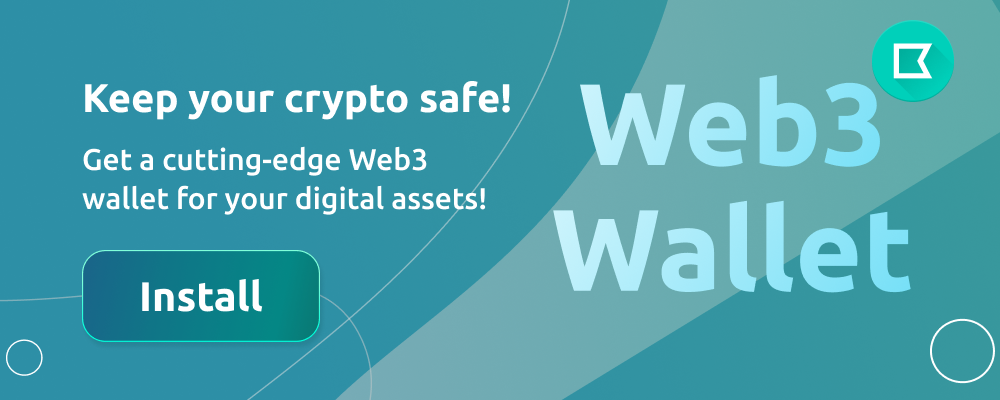

Ubiq (UBQ) Price and Review 2023
Ubiq (UBQ) is an open-source, public blockchain-based platform that is designed to be a stable and secure alternative to Ethereum. It was launched in 2017 as a hard fork of the Ethereum blockchain and is focused on providing a platform for building decentralized applications (dApps). The platform uses a Proof-of-Work consensus mechanism to validate transactions and supports smart contracts. In this review, we will explore the key features and benefits of the Ubiq platform and discuss its potential use cases.
Subheading 1: Technology
Ubiq is built on the Ethereum blockchain, which means that it shares many of the same features as Ethereum. However, Ubiq has made some modifications to the Ethereum codebase to make it more stable and secure. One of the main changes is the removal of the Difficulty Bomb, which is a feature in Ethereum that gradually increases the difficulty of mining over time. This can lead to slower block times and higher fees. Ubiq has also implemented a new mining algorithm called UBQhash, which is designed to be more secure and efficient than the Ethash algorithm used by Ethereum.
Subheading 2: Smart Contracts
One of the key features of the Ubiq platform is its support for smart contracts. Smart contracts are self-executing contracts that can be programmed to execute automatically when certain conditions are met. They are used to automate a wide range of processes and transactions, from simple payments to complex financial instruments. Ubiq supports smart contracts written in the Solidity programming language, which is also used by Ethereum.
Subheading 3: Stability
One of the main goals of the Ubiq platform is to provide a stable and secure blockchain for developers and businesses. To achieve this, Ubiq has implemented a number of features to ensure that the platform is resistant to attacks and can handle high transaction volumes. These features include a stable block reward, a low inflation rate, and a large number of nodes to ensure decentralization. Additionally, Ubiq has a dedicated team of developers who are constantly working to improve the platform and fix any issues that arise.
Subheading 4: Use Cases
The Ubiq platform is designed to be a flexible and customizable platform for building decentralized applications. It can be used for a wide range of use cases, from simple payment processing to complex financial instruments. Some potential use cases for the Ubiq platform include:
Supply Chain Management: Ubiq can be used to track the movement of goods and services throughout a supply chain. Smart contracts can be used to automatically trigger payments when certain conditions are met, such as the delivery of a product.
Decentralized Finance (DeFi): Ubiq can be used to build decentralized financial applications, such as lending and borrowing platforms, decentralized exchanges, and stablecoins. These applications can be programmed to operate automatically, without the need for intermediaries such as banks.
Gaming: Ubiq can be used to build decentralized gaming applications that use smart contracts to automate game rules and ensure fairness. It can also be used to create in-game currencies and assets that can be traded on decentralized exchanges.
Subheading 5: UBQ Token
The UBQ token is the native cryptocurrency of the Ubiq platform. It is used to pay for transaction fees and smart contract execution fees on the network. Additionally, it can be used as a store of value or traded on cryptocurrency exchanges. The total supply of UBQ tokens is capped at 42 million, and new tokens are issued through the mining process.

Been mining UBQ for a long time and now just hodl.
Awesome market cap! And the coin itself too :)
A kind of clone of Ethereum, but doesn't offer users anything special. I don't see the point in that.




